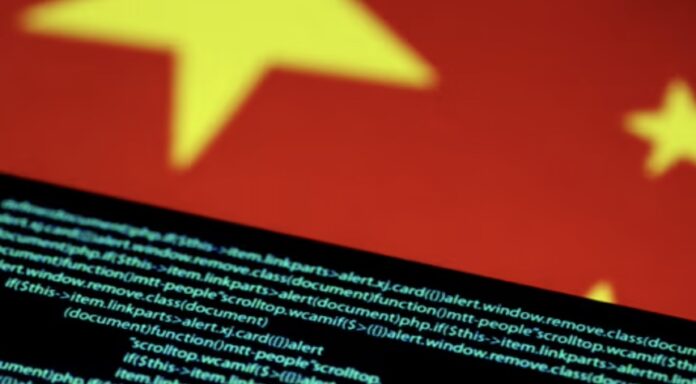Officials from the United States and the United Kingdom took action on Monday to punish “APT13”, a cyberespionage organization believed to be a branch of the Chinese Ministry of State Security. Seven individuals will be sanctioned and charged by the U.S.
Both sides of the Atlantic have accused the hacking group nicknamed APT31 of being an extension of China’s Ministry of State Security. They listed a long list of targets, including White House staffers and U.S. Senators, British Parliamentarians, and officials from governments around the world that criticize Beijing. Officials said that security firms, dissidents, and defense contractors were also targeted.
U.S. prosecutors said in court that the hacking led to the confirmed or possible compromise of millions of Americans’ work accounts, emails, online storage, and telephone records.
In a press release, Lisa Monaco, Deputy Attorney-General, said that the goal of the global hacking campaign was to “repress Chinese regime critics, compromise government institutions and steal trade secrets”.

China, which is not known for its honesty, denied the accusations immediately.
Chinese diplomats in London, Washington, and other cities dismissed the accusations as unfounded and lacking “valid proof.” The Chinese Embassy in London referred to the allegations as “completely fabricated slanders.”
Christopher Wray, Director of the Federal Bureau of Investigations (FBI), said:
“Today’s announcement reveals China’s continued and brash attempts to undermine our nation’s cybersecurity and target Americans as well as our innovation.”
As Western intelligence agencies continue to raise the alarm about alleged Chinese state-sponsored hacking, tensions between Beijing and Washington have increased.
The Chinese social media application TikTok remains a hot topic of debate.

It would not be surprising to learn that the Chinese Communist Party, which is China in essence, is behind APT13’s cyberspying. China is at a crossroads. Its real estate market has collapsed, it is about to go off a demographics cliff and the CCP insists on a military buildup the nation can’t afford. It is no surprise that the CCP will grab any advantage it can.
Cyber espionage has two advantages over traditional spycraft: it is cheaper and less risky. Cyber-attacks and cyber-spying can be low-cost operations. Hackers are easier to train than field intelligence officers and are cheaper to hire. The same analytical staff can interpret information from both sources. If a cyber attack or cyber spying operation is discovered, it’s easier to disavow those involved than to throw a field intelligence agent under the bus.
Since humans began to form groups, espionage and anti-espionage have been a constant. China almost certainly does it to us and we do it to them. This is only the latest episode in one of the oldest games.




